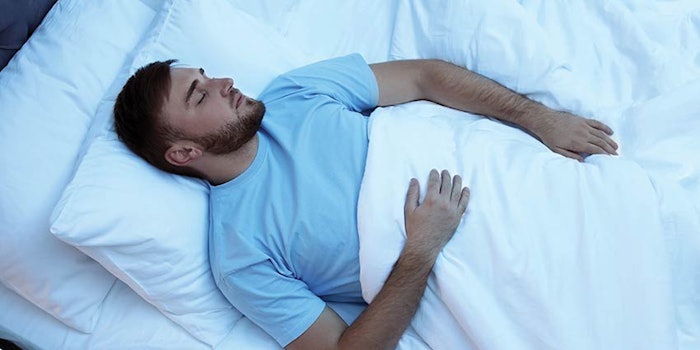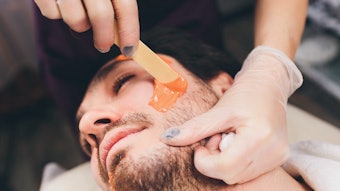
As a notorious good sleeper, I never fully understood the issue of sleepless nights. With changing times, uncertainty, more screen time and less time in nature, I too am experiencing sleep deprivation. It seems I am not alone. According to the Centers for Disease Control and Prevention (CDC), lack of sleep has reached epic proportions and become a public health crisis, with one-third of U.S. adults reporting a lack of sleep.1 The average American reports getting six or less hours a night, and that number is much lower than it was just 20 years ago.2
Cause and Effect
Sleep deprivation is attributed to several causes, with working longer hours at the top of the list. Americans work 7.8% more than we did just 40 years ago and 20 hours more each year than most other developed countries.3 The high number of hours spent working results in a lack of downtime and the overall inability to create a work-life balance. It would seem the adage is true—all work and no play makes us not only dull but sleepy as well. In addition to the number of hours, the type of work a person performs also contributes to sleep issues. Those with rotating schedules and high-stress positions equate to reduced hours of restful sleep.
The National Institute of Health (NIH) tied lack of sleep to increased cases of hypertension, diabetes, obesity, depression, heart attack, immune system deficiency, memory loss and stroke.4 Recent studies by Columbia University have linked sleep deprivation to cancer, particularly breast cancer, Parkinson’s disease and Alzheimer’s disease.5
The lack of sleep results in 1.23 million lost days of work per year and over $400 billion in economic losses annually.6
Read more about sleep deprivation and how to combat it in our Digital Magazine...
References
1. www.cdc.gov/media/releases/2016/p0215-enough-sleep.html
2. www.studyfinds.org/tired-nation-americans-now-averaging-less-than-6-hours-sleep-per-night/
3. www.thenation.com/article/archive/americans-work-too-much-already/
4. https://www.ncbi.nlm.nih.gov/books/NBK19961/
5. https://www.columbianeurology.org/neurology/staywell/document.php?id=42069
6. https://www.ncbi.nlm.nih.gov/pmc/articles/PMC5627640/












